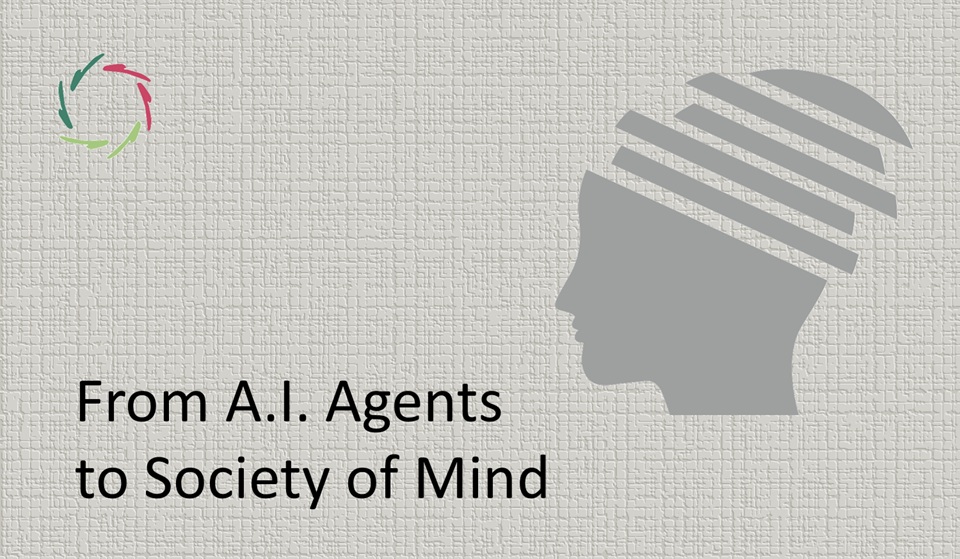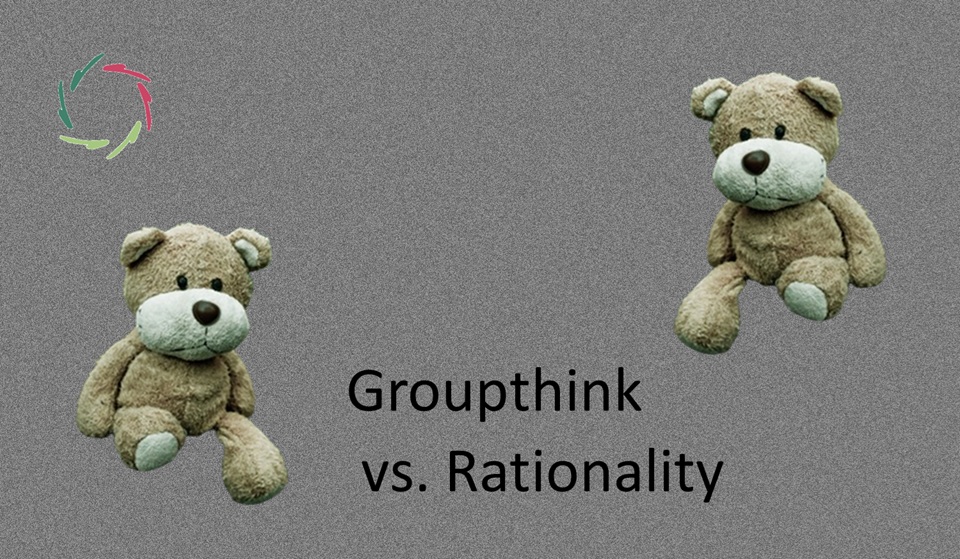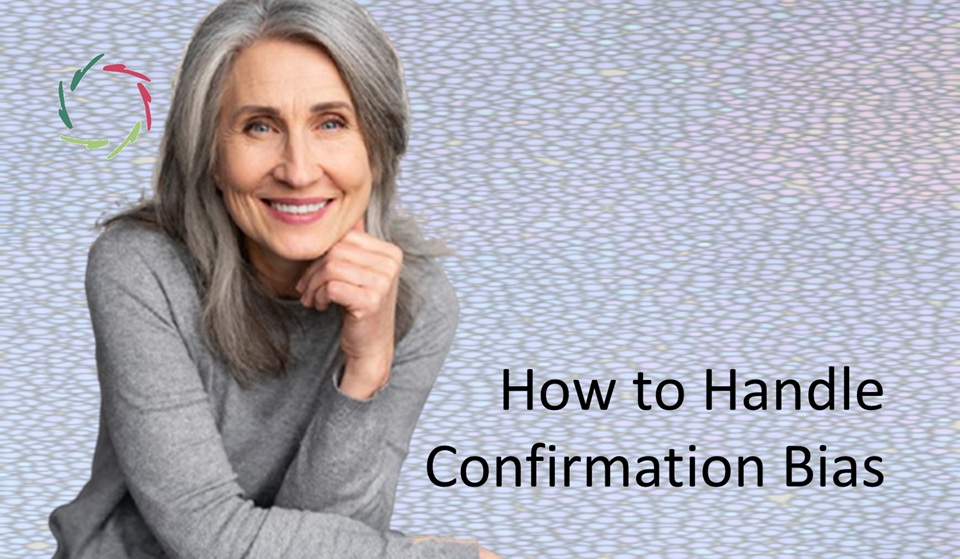The Basic Cognitive Illusion

‘Basic cognitive illusion’: the fact that we are non-consciously motivated, but are not consciously aware of this (since it’s non-conscious). We also don’t consciously notice our brain in this. So, there are two levels between consciousness and the physical brain, which gives us the strong illusion of mind-brain divide.
[This text is a part of my book “The Journey Towards Compassionate A.I.” that you can find here.]
I do not hesitate to maintain, that what we are conscious of is constructed out of what we are not conscious of—that our whole knowledge, in fact, is made up of the unknown and incognisable. – Sir William Hamilton (Lectures on Metaphysics, p. 348, 1865)
The basic cognitive illusion has been a companion to humanity from the beginning and even before that. For instance, it made our far ancestors see much ‘soul stuff’ in their surroundings. Animals and trees – and lightning and you name it – were seen as possessing a soul or as being divine emanations. Of course, they can be pardoned for not having more insight into human non-conscious processing. So, they explained their experiences in other ways. This way, they made their experiences meaningful. Those were happy days. Well, somehow.
But it was not the correct interpretation. We are only learning this lesson in the present age. Sir Hamilton (from the quote above) was looked upon by many as quite a strange fellow for saying what must have seemed a bold claim in the 19th century. Meanwhile, we can marvel about the degree to which subsequent social and cognitive psychological as well as neurocognitive research has borne out this claim — stuff for another book.
At the same time, and also through the gaining itself – but not the widespread availability – of these insights, the present age poses unprecedented challenges. These are not entirely new, but A.I. – as always, increasingly from now on – is an enforcer. This can be for good or for bad. It makes for qualitatively new implications. The following is a small list of what I see as the most important of these challenges. I have expanded on them in this book, but it’s good to see them here together as basically the consequences of this same condition:
- It makes us much more vulnerable to being influenced without our conscious awareness. Tons of research shows the importance of non-conscious priming. That’s the real reason why massive amounts of money go to advertising, political nudging, etc. Negatively, A.I. can thus readily trigger our emotions towards buying and being according to values that are not ours. There’s a big problem then even within human/A.I. value alignment.
- It makes us blind to the proximity of real intelligence and consciousness (including volition, intentionality, autonomy) in future A.I. systems. This blindness is the really dangerous thing when it comes to super-A.I. without Compassionate A.I.
- It prevents our seeing ‘inner strength’ inside ourselves. This strength can make us ill, addicted, depressive. It can also make us better again.
- It prevents our seeing immense possibilities of ‘inner growth,’ for which we do not even need Santa Claus.
Note in the last two points the goals of Compassion: to relieve deep suffering and enhance inner growth. These are the really advantageous paths on which Compassionate A.I. may help us to become better human beings and more Compassionate ourselves.
Meanwhile, for instance, the non-conscious (and subconceptual) keeps being ignored in almost the entire Western medical theory and practice, even concerning the placebo in PubMed [Sort by ‘best match’ on PubMed at: https://www.ncbi.nlm.nih.gov/pubmed/?term=%22subconscious+placebo]. There are not many articles, and even in most that make it there, the non-conscious is seen as something like a meaningless set of leverages. This way, part of the intro to my Ph.D. thesis is still relevant:
“In this way, when we think we are drawing a solution towards us in the long term, we are often drawing it away. This is shown in the figure below: when we pull on a string wrapped around a wheel, the solution is pulled in the opposite direction.

Whether the solution is drawn towards us or away from us depends on whether it lies above or below the horizontal bar in the middle. If it lies above the bar, it is drawn towards us, whereas if it is below the bar, it is drawn away. In this picture, conceptual processing lies above the bar, while subconceptual processing lies below it.” [Mommaerts et al., 2014]
In the whole of psychosomatics, the symptom is not ‘the enemy.’ It is part of who you are. The basic cognitive illusion makes this insight difficult. Nevertheless, fighting against the symptom is fighting against yourself. This way, even while we think we do good, we may be doing bad if we live in a cognitive illusion about ourselves. Within the illusion, rationality doesn’t help. We need to get out of the illusion. In the parlance of this book: we need to evolve towards third-wave. In any direction, the power of A.I. amplifies all matters. Within second-wave, the solution becomes even more the problem, in a vicious circle of drawing and drawing harder. This concerns all humanity, in all domains.


